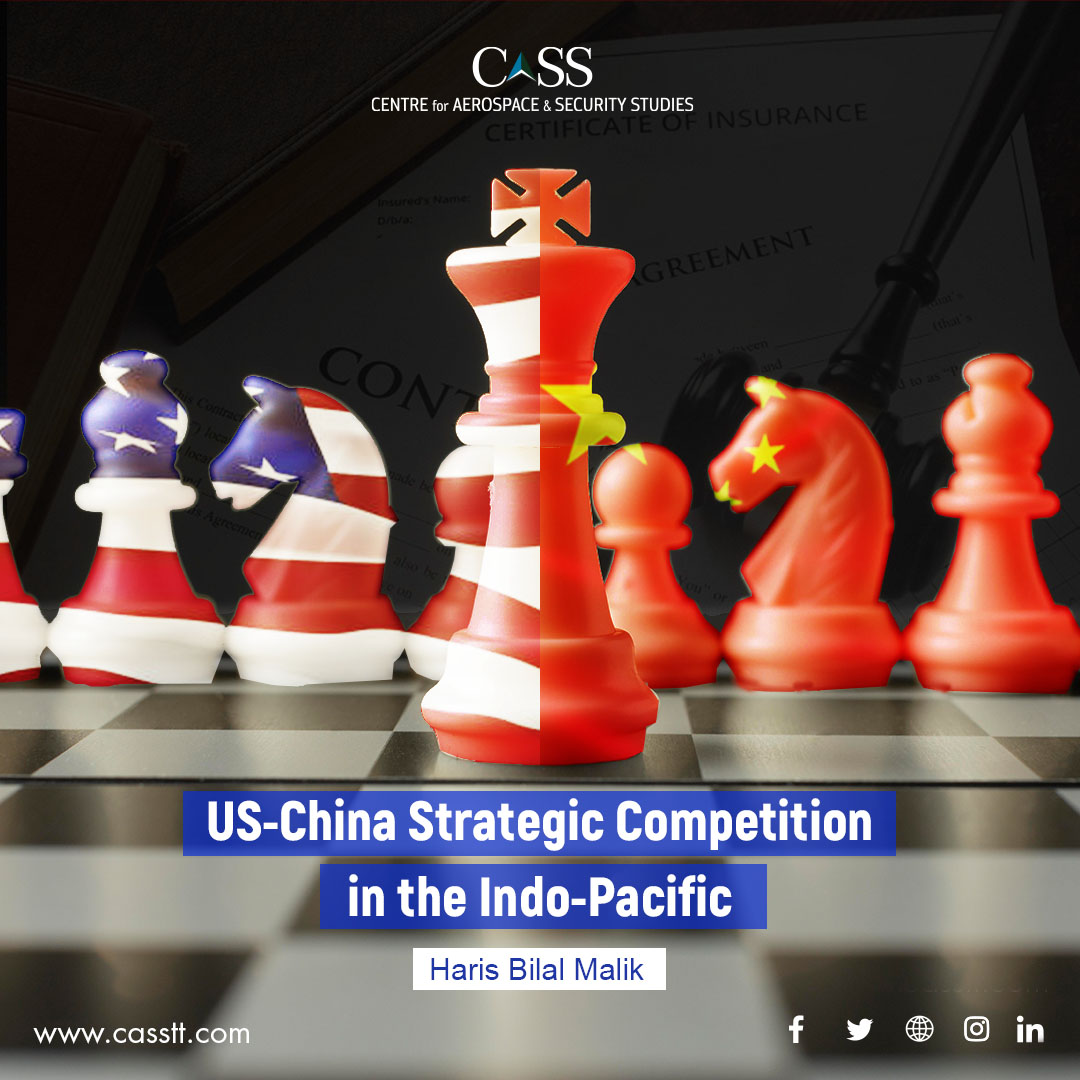The now-dubbed ‘Indo-Pacific’ region has emerged as a key focus of the United States’ (US) foreign policy, especially after the announcement of the US Indo-Pacific Strategy in 2019. In pursuit of this, the US is not only building multilateral alliances and partnerships but also encouraging bilateral intra-regional ones. Japan, India, and Australia are key US partners in the Indo-Pacific region. Revamping of the Quadrilateral Security Dialogue (QUAD) and signing of the ‘Australia United Kingdom and the United States’ (AUKUS) pact in 2021 show that the US is quite keen to enhance its engagement with the regional countries.
In this regard, earlier this year on 6th January, 2022, Japan and Australia signed the ‘Facilitation of Reciprocal Access and Cooperation between the Self Defence Forces of Japan and Australian Defence Forces’, commonly known as the ‘Japan-Australia RAA’. The RAA aims to provide a framework for increased defence cooperation between the two countries in years to come. It is the first-ever defence cooperation agreement that would pave the way for interoperability between their militaries. The agreement is aimed at bolstering their security relations in the larger context of a secure and stable Indo-Pacific region.
RAA is Japan’s first-ever agreement with any country besides the US with which it has had a mutual defence cooperation agreement known as the ‘Treaty of Mutual Cooperation and Security’ since 1960. As a result, the US forces are permanently deployed in Japan, including its 7th fleet which is based in Yokosuka.
Under RAA, a very special focus is given to the rapid deployment of Japanese and Australian forces. The scope of cooperation also includes working on defence and humanitarian support missions where both the countries agreed to work together to tackle regional security challenges. Some of the broader areas of cooperation as identified in the RAA also include strengthening government and business partnerships in the domains of clean energy and critical technologies and materials. Both countries also endorsed the significance of QUAD and seek to expand their cooperation with India and the US to promote stability and prosperity in the region.
The Australian Prime Minister Scott Morrison asserted that ‘this landmark treaty would open a new chapter of defence and security cooperation between two countries in the complex and rapidly changing world.’ Japanese Prime Minister Fumio Kishida, termed it as a ‘breakthrough’ and a ‘landmark’ agreement, under which security cooperation between the two sides would reach new heights.
The US has also recently launched its Indo-Pacific Trade Pact (IPTP) involving 12 countries of the Pacific region, including the QUAD countries. These countries account for 40% of the global GDP and aims to strengthen their economies against the backdrop of inflation in the region. It is worth mentioning that the main theme under which the two countries are building cooperation is the broader notion of a ‘free and open Indo-Pacific’; an idea already glorified during the QUAD Summits of March and September 2021. In the 2022 QUAD Summit, which took place just recently in Japan, the key agenda was the increasing Chinese foothold in the region.
On the other hand, the Chinese Foreign Ministry spokesperson has maintained that the RAA cooperation should not harm the interests of a third party and that the ‘Pacific is not a place to make waves’. China has contested the US’ 2019 ‘Indo-Pacific Strategy and maintained that it is bound to fail. Beijing has also been critical of the IPTP move and termed it a ‘political weapon’ of the US to ‘coerce the regional countries to take sides between China and the US on economic means.’
One may argue that revamping the QUAD mechanism, the AUKUS pact, the RAA between Japan and Australia and now the US’ latest Economic Pact suggest that the once Asia-Pacific region has now become more significant for international security than ever before. While the US, being a leading country in such arrangements, is quite keen to build and deepen regional alliances and partnerships, a definitive underlying reason is the fact that Washington sees Beijing as a dangerous strategic competitor.
Clearly, the US is expanding its influence in the Indo-Pacific region in various forms and dimensions. Its ‘Indo-Pacific Strategy’ is aimed at countering China. In this regard, the RAA is also in line with the QUAD and AUKUS arrangements and are all well-calculated signals to contain China. The major focus of the US is expanding its engagement with regional partners instead of having direct military confrontation with Beijing.
Haris Bilal Malik is a researcher at the Centre for Aerospace & Security Studies (CASS), Islamabad, Pakistan. He can be reached at cass.thinkers@gmail.com.




